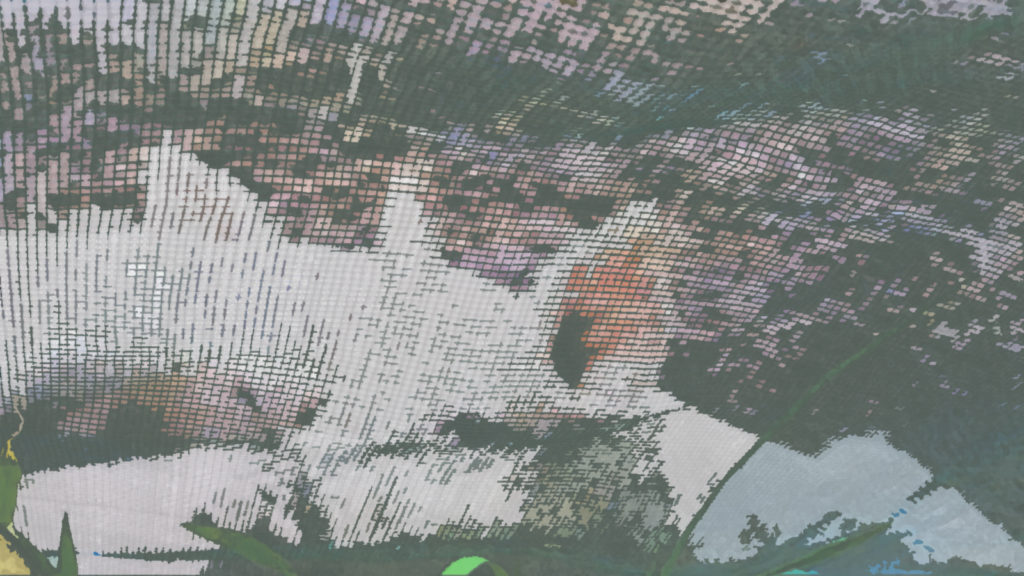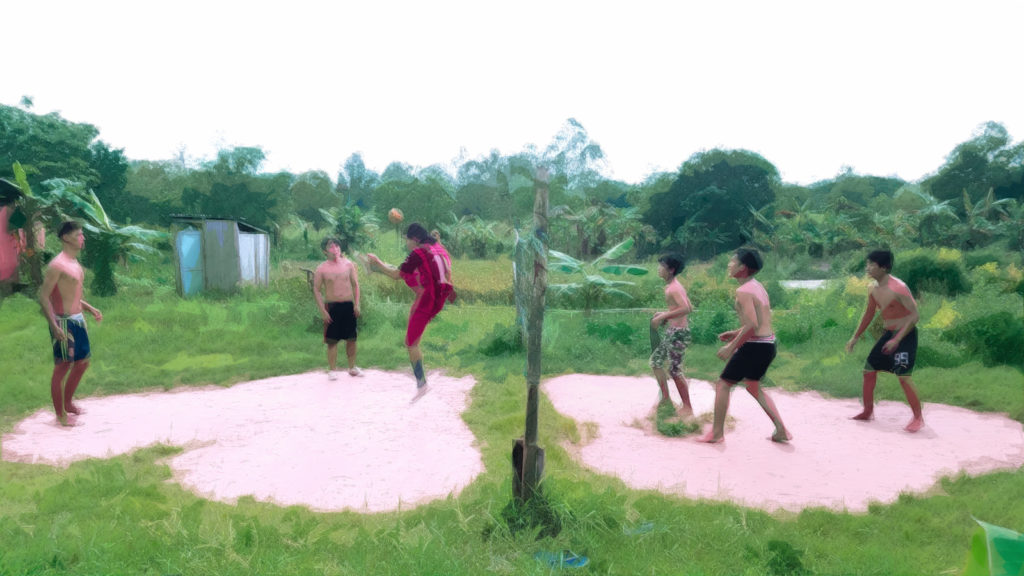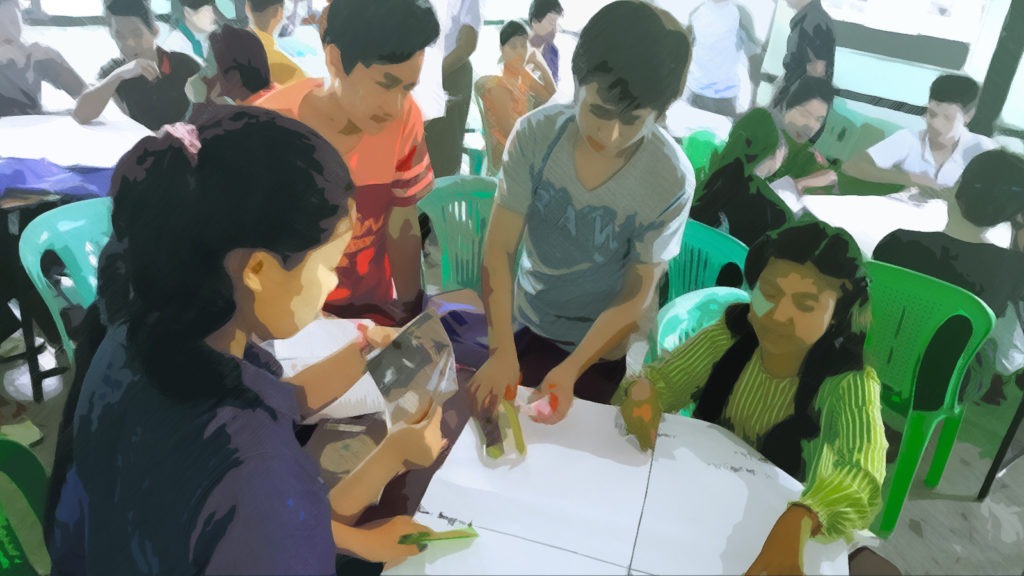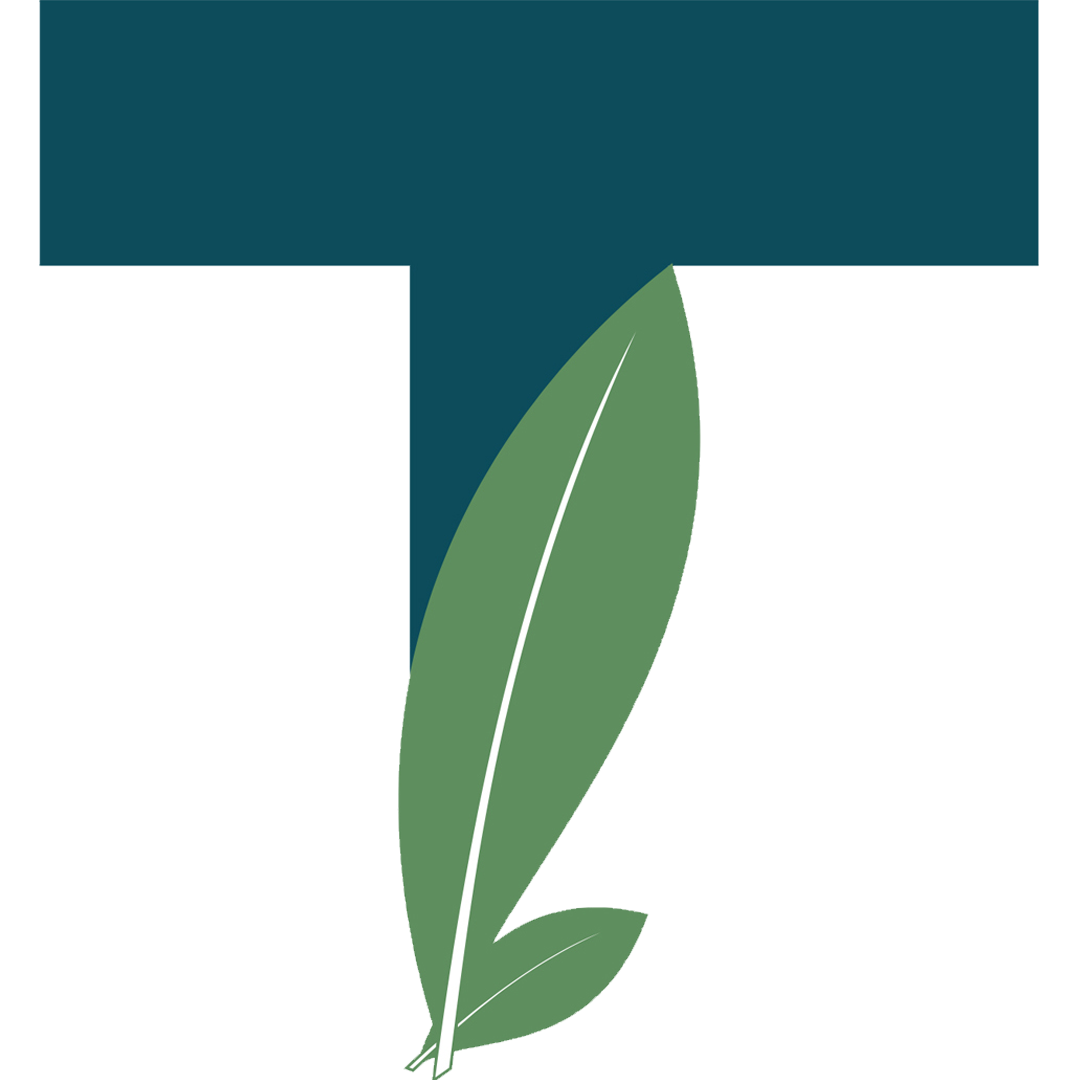A trade school, an agriculture training center, a living space for up-and-coming Burmese youth activists.
When I first came out to the farm school in 2012, it was tucked away hidden in a small village outside of Chiang Mai, Thailand. A trade school, an agriculture training center, a living space for up-and-coming Burmese youth activists from the border regions and from within the country – NEED-Myanmar has changed quite a lot since then. For one, the school relocated just outside of Yangon in 2013 leaving behind a fully equipped school, its local networks and local partners to be closer to the people they serve. This was not uncommon at the time, as most of the funding for such projects along the border shifted into the country.

Nearly five years after the launch of the new location the school now has a massive complex of mud-brick housing, mud-brick schoolrooms and offices, mud-brick kitchens, mud-brick barns and mud-brick guest-quarters. They have become proficient at mud-brick making by hand and the complex is equipped with solar power and a backup generator for their school and the neighboring homes so they can watch football games and learn computer skills in the evening.

They have rice paddies, banana groves, mixed seasonal agriculture, pigs for making compost, a bio-gas converter for the rainy season, a volleyball court and caneball field, mushroom house, and the freest free range chickens I have ever seen. Not bad use of the nearly 1 acre fallowed land that the former landowner once said would take 7 years to regenerate the soil. But NEED-Myanmar has experience in just this type of work – land revitalization and community building – so it took them much less time.

Two years ago the school partnered with local community members to build a small bridge to their farm. The bridge also gave access for dozens of communities to markets and the highway – access that had been blocked six months out of the year by a stream that swelled into a raging river every rainy season. Now, these villages could access goods and the highway without having to travel by foot through 5+ miles of knee-high mud. This is just one example of how NEED’s improvements on the land have been designed with an eye to benefiting the whole community.
Our Training
Tea Leaf Center created a short research training before their students went into the field to gather data.
NEED-Myanmar still gathers farmers, young community leaders, and other young adults from around the country for a nine-month intensive alternative agriculture program – they also host a separate three-month land law and economics course. Between the two programs, they address a number of topics that include community development training, human rights education, leadership preparation, and research skills, among others.

This year, the Tea Leaf Center was asked to conduct a short four-module training taught over 2 days. The training was designed to supplement their nine-month program that included 35 students between ages 16-and 25. Through collaboration with their director and training team, the Tea Leaf Center created a short research training before their students went into the field to gather data.
This covered theoretical framing and practical understanding of why their students are gathering data beyond simple curiosity. The Tea Leaf Center developed a short introduction to the research process, introduction to understanding participatory action research, safety and security in research activities, and an introduction to designing surveys. The training addressed the Tea Leaf Center’s objective to improve social science research capacity and contributed to NEED-Myanmar’s goals to educate their farmers in how to mobilize communities towards sustainable agriculture practices. Following the training, a number of students indicated that they would modify their research plan and work on designing their survey questions to be more thoughtful of the risks involved in research – with one student responding “I will make my survey questions to be more honest”.


One response to “Built By Hand: an alternative education that changes lives and builds communities”
Thanks for your blog, nice to read. Do not stop.